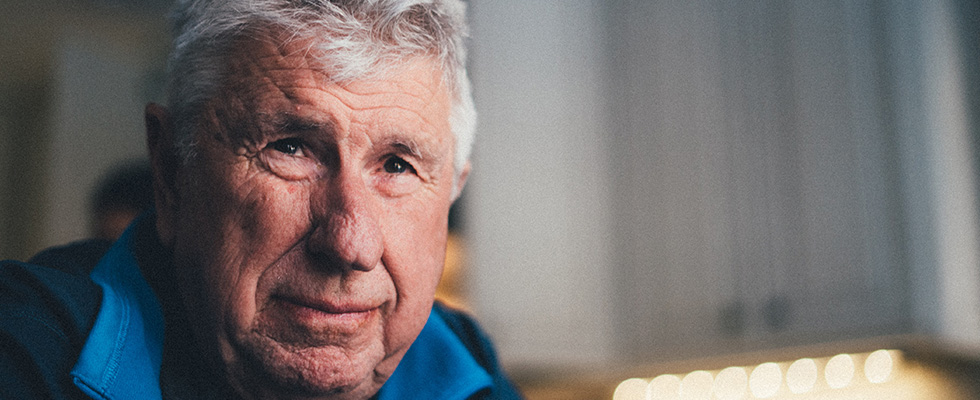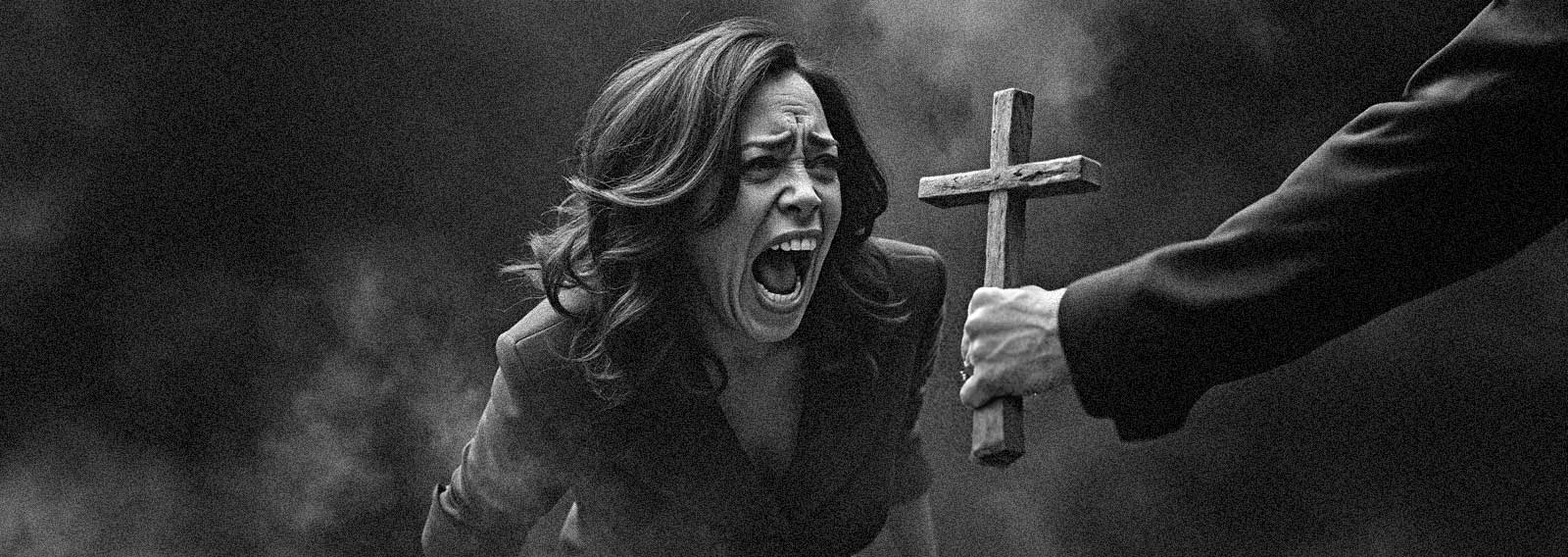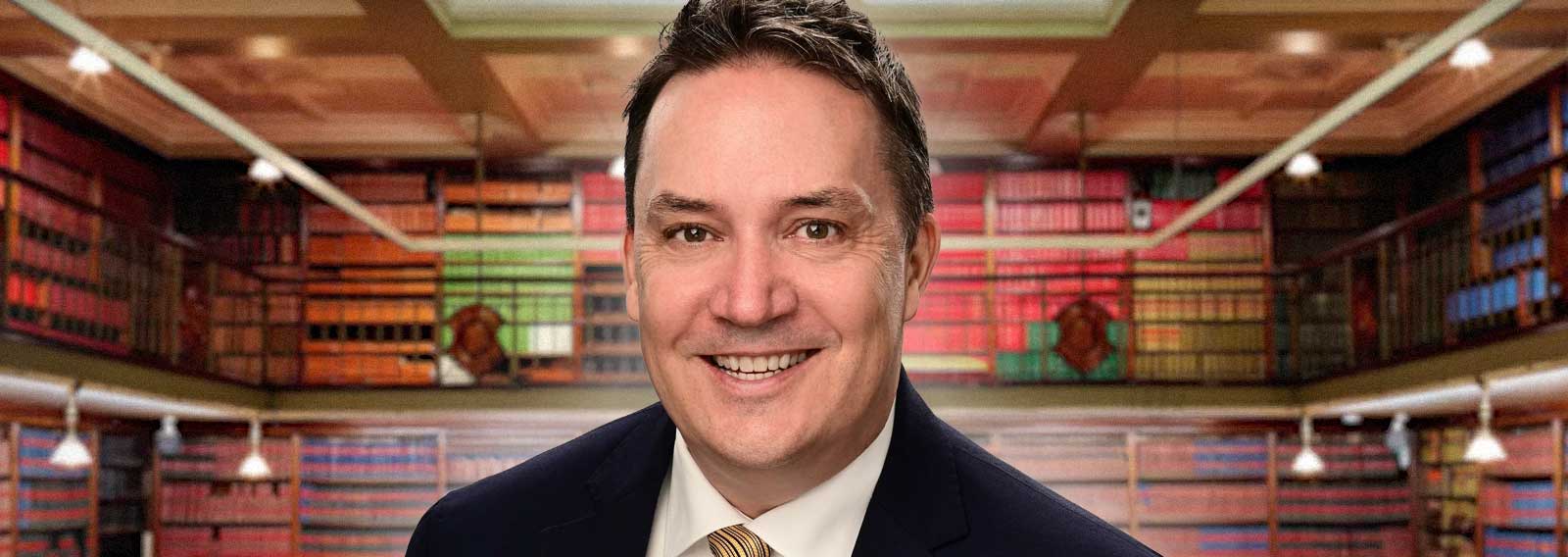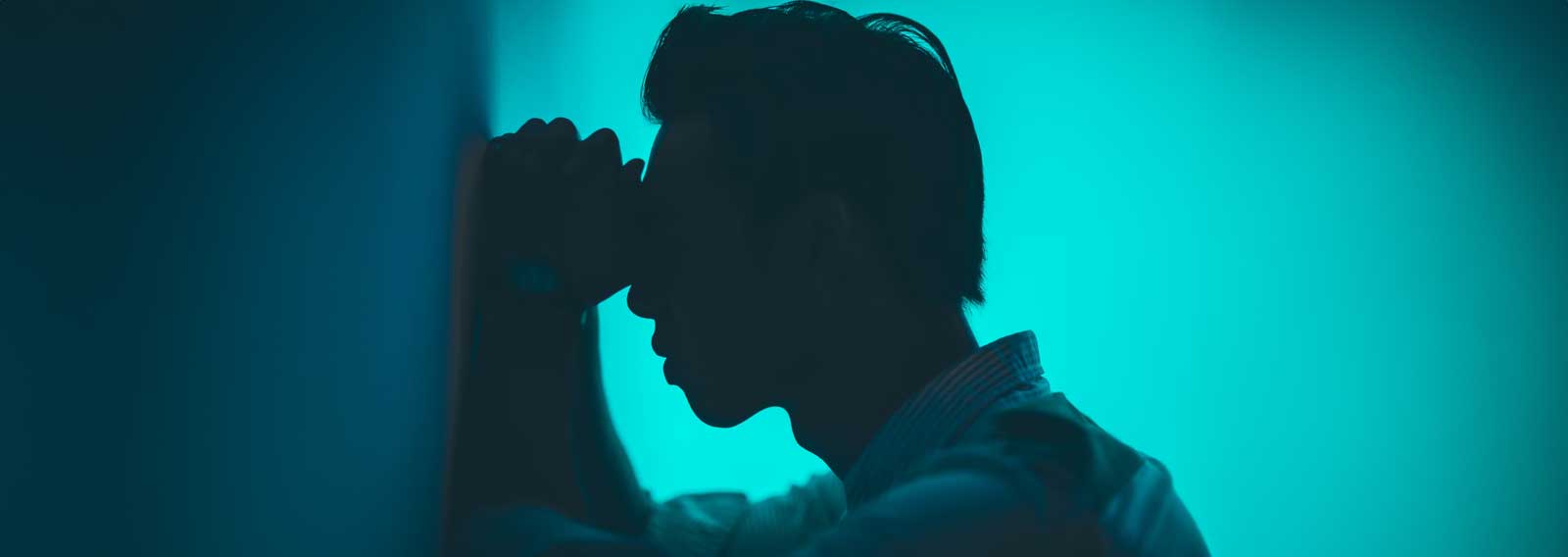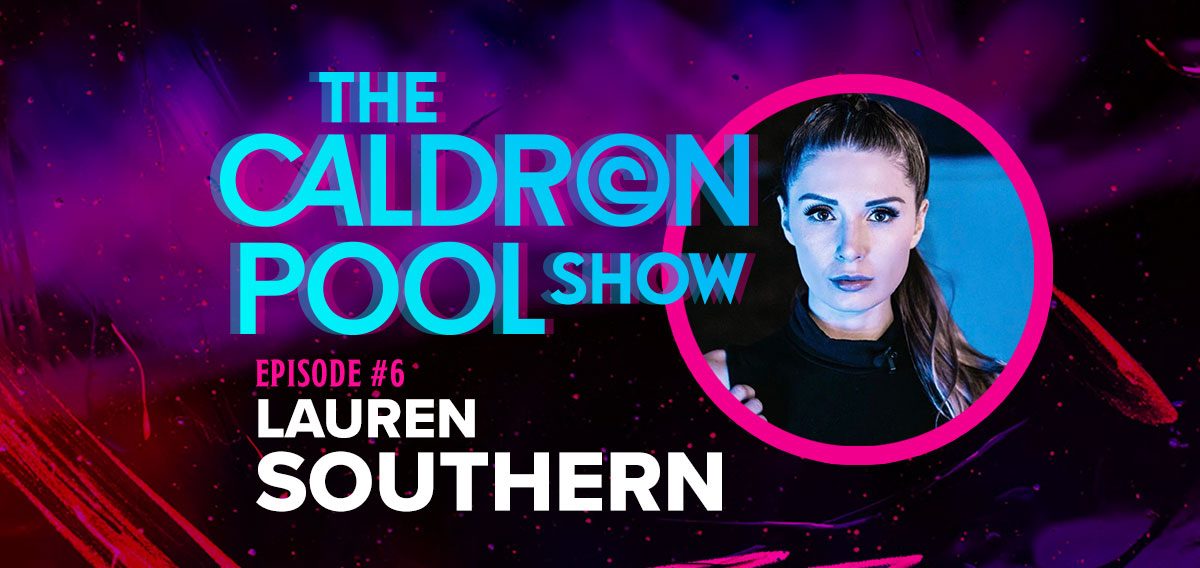Recently, there have been several attempts to change state laws regarding voluntary assisted suicide. If passed, this form of euthanasia (literally ‘good death’) would allow doctors to assist a person to end his or her life.
There are good reasons apart from Scripture to oppose euthanasia: a diagnosis can be incorrect or inaccurate and a prognosis is difficult to determine. Recently, Dr. Kenneth Stevens, a professor emeritus and a former chair of the Department of Radiation Oncology at the Oregon Health & Sciences University in Portland, recalled meeting a patient in 2000 who had been diagnosed with inoperable colon cancer. She wanted to die under Oregon’s euthanasia laws, but after receiving treatment she is still living seventeen years later (The Australia, 11/11/2017).
People may feel pressure to end their lives. In 2013, 61% of people who were killed by assisted dying in Washington State said, “being a burden was a key reason for choosing death.” Paul Keating recently said that if euthanasia is legalized, “there will be people whose lives we honour and those we believe are better off dead (The Age, 19/10/2017).” Writing about the Nazi use of euthanasia Leo Alexander, an American psychiatrist involved in the Nuremburg Trials observed that, “Whatever proportions these crimes finally assumed, it became evident to all who investigated them, that they started from small beginnings… It started with the acceptance of the attitude, basic to the euthanasia movement, that there is such a thing as a life not worthy to be lived.”
It is inevitable that there will be deaths against a person’s will. No level of safeguards will be able to stop this from occurring. Peter Comensoli in the Sydney Morning Herald says, “The Canadian Medical Association Journal published a report that shows that one-third of euthanasia cases in Flanders, Belgium are without explicit consent.” And, “Statistics Netherlands reported there were 310 euthanasia deaths without explicit consent in 2010” (19/4/2016). Bracket creep is also inevitable. Small changes lead to larger changes. In Belgium, children with their parent’s consent and the mentally ill have been added to those who can request death. In 2012, two blind twins were allowed to take their lives even though they had no terminal illnesses. Part of their reasoning was that they dreaded the thought of ending up in an institution. Professor Theo Boer was once a supporter of Holland’s 2002 euthanasia laws, but is now critical of them, saying, “In the beginning, 98% of cases were terminally ill patients with perhaps days to live. That’s now down to 70%.”
Christians believe that God is sovereign over life and death. Psalm 139:16 says:“Your eyes saw my unformed substance; in your book were written, every one of them, the days that were formed for me, when as yet there was none of them.”God has given us life in His image and the right to life comes before questions about quality of life; even when life is difficult. The clearest command opposing euthanasia is the sixth commandment: “you shall not murder (Exodus 20:13).” This is not just a law for Christians; it is written on the hearts of all people. This doesn’t necessarily mean that a person will continue debilitating treatment. Someone may, for example, refuse cancer treatment or withdraw from treatment. So too, a doctor may administer pain relief at the end of life, but the aim must be to reduce pain, not take life.
Christians should also be involved in caring for those in the last stages of life. We seek healing – God is the LORD who heals (Yahweh Rapha) – and we seek compassion for all who suffer. Good quality palliative care will support a person in every part of their life from physical pain to emotional well being.
For a Christian, as difficult as it is, there is positive value in suffering. Paul says, “we rejoice in our sufferings, knowing that suffering produces endurance, and endurance produces character, and character produces hope, and hope does not put us to shame, because God’s love has been poured into our hearts through the Holy Spirit who has been given to us (Romans 5:3-5).” In 2015, Kara Tippetts, 38, died from cancer. Despite the difficulty and pain a verse that was dear to her was Proverbs 1:33, “Whoever listens to me will dwell secure and will be at ease, without dread of disaster.” She said, “That verse to me says that if you’re listening to God, He’ll take away the dread. He doesn’t take away the disaster. It’s like this litmus test for our family: If I am living in dread and anxiety, it’s a sure sign that I’m not spending time listening to God and His word… It’s not about longevity, really. It’s about Jesus.” We uphold the sanctity of life and seek that through suffering God will be honoured.


